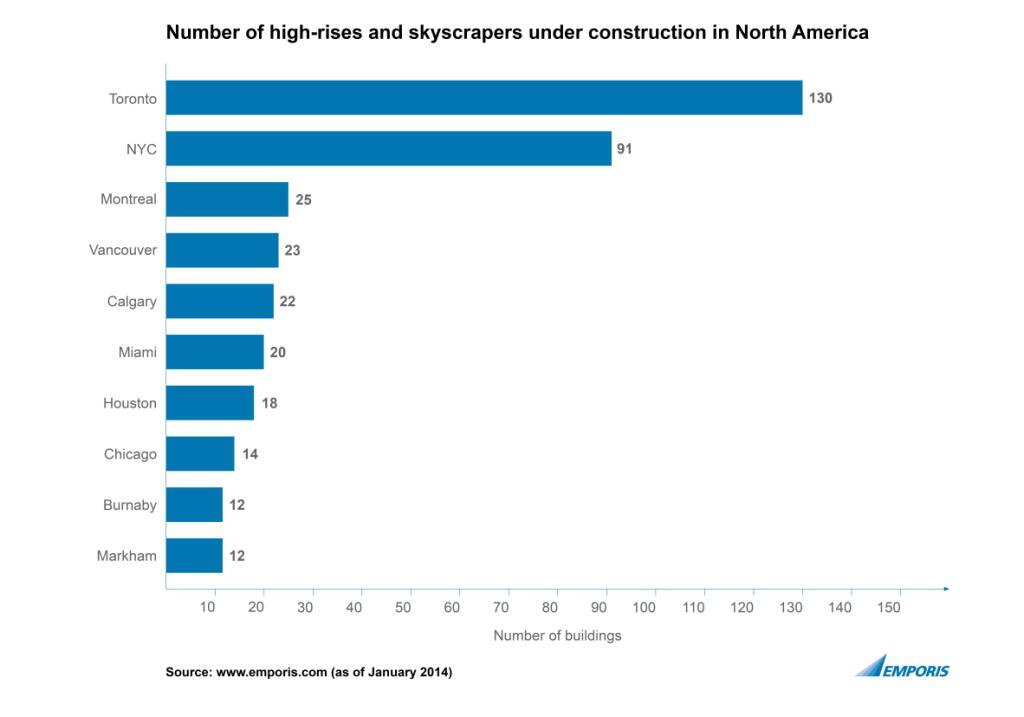For those of us renting by choice, we need to regularly reassess whether this "choice" is still financially sound.
I had just drafted
a rough spreadsheet comparing renting vs buying, in relative approximation of my personal situation.
The values in this spreadsheet assumed the following:
1. "Annual Savings Pre-housing" = After-tax income minus all expenditures other than housing-related expenditures
* due to privacy reasons, the income & current savings amount have been altered somewhat
2. Current rental accommodation = 4BR SFH worth ~800k market value. Rent had stayed the same for 2 years & expected to stay fixed for foreseeable future due to myself being a "desirable tenant".
3. Target property is newer SFH in Van East / Burnaby & Surrounding neighborhoods, current market value ~$1.3-$1.5M.
4. Despite my prediction that Vancouver RE in my target price range will decline in value in the coming years, let us just assume here that $1.4M-range Van E / Burnaby SFH price will stay unchanged between 2013 and end of 2015.
5. For simplicity, assume annual income & non-housing expenditure stay the same.
6. If I buy in 2016, I will place a larger down payment (500k) than in 2013 (350k), due to the money saved by renting.
7. Assume the renter's Return on Investment of his savings = 3%/year (let's be conservative)
8. Assume the home-owner's repair/maintenance cost at only $2000/year (in reality often higher, unless brand new homes)
A. We can see that if I stay renting from 2013-2015 inclusive, and if the $1.4M target property price stays unchanged, my networth by the end of 2015 will be over $100k higher renting (551k) vs buying (448k).
B. In Scenario 1, where I purchase the property at same price as 2013, but mortgage rate increased from 2.89% to 3.09% (fixed rates may already be higher, but variable rates can very possibly stay low even by 2016), by end of 2016 my networth will be $62k higher by delaying home purchase to 2016, than buying in 2013.
C. In Scenario 2, where Target Property price falls 10% by early 2016 vs 2013. By end of 2016, my networth will be $543.8k if I buy in 2016, vs $337.6k if I bought in 2013. A difference of $206k.
D. In Scenario 3, where Target Property price actually gains 5% by early 2016. By end of 2016, my networth will be $537k if I buy in 2016, vs 548k if I bought in 2013. In this case buying in 2013 wins vs delaying purchase.
E. In Scenario 4, where Target Property price remained unchanged, but mortgage rate increased to 3.39% (let's say that's variable rate mortgage), in terms of networth, delaying purchase still beats buying early.
To conclude, as long as Target Property appreciates <5% between 2013 and end of 2015, then buying in 2016 beats buying in 2013, in terms of personal networth, in this particular case. If price stays the same, then the renter beats the 2013-buyer by over $100k in networth. If price declines 10%, then the renter beats the 2013-buyer by over $200k in networth by end of 2015.


